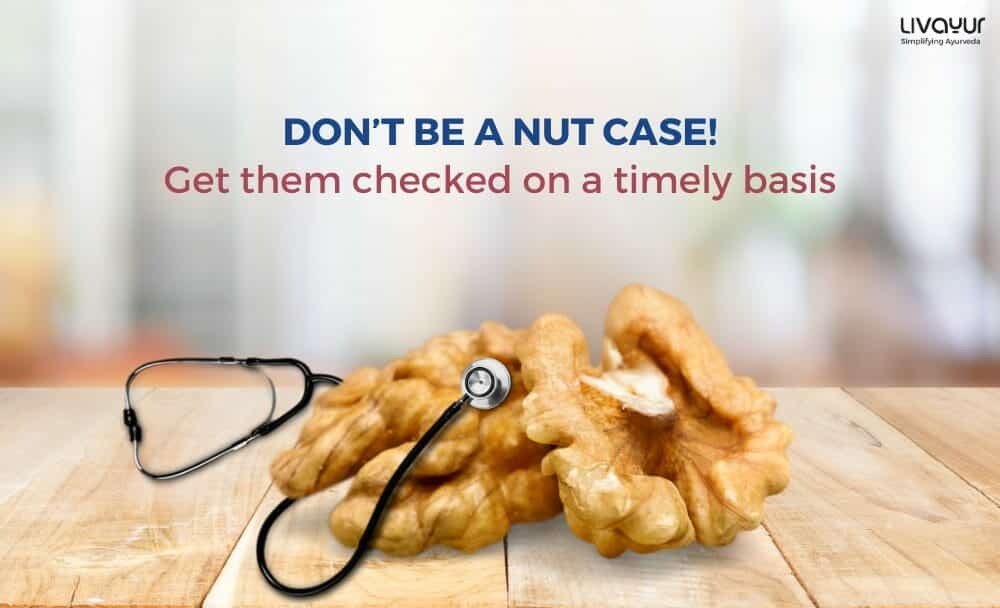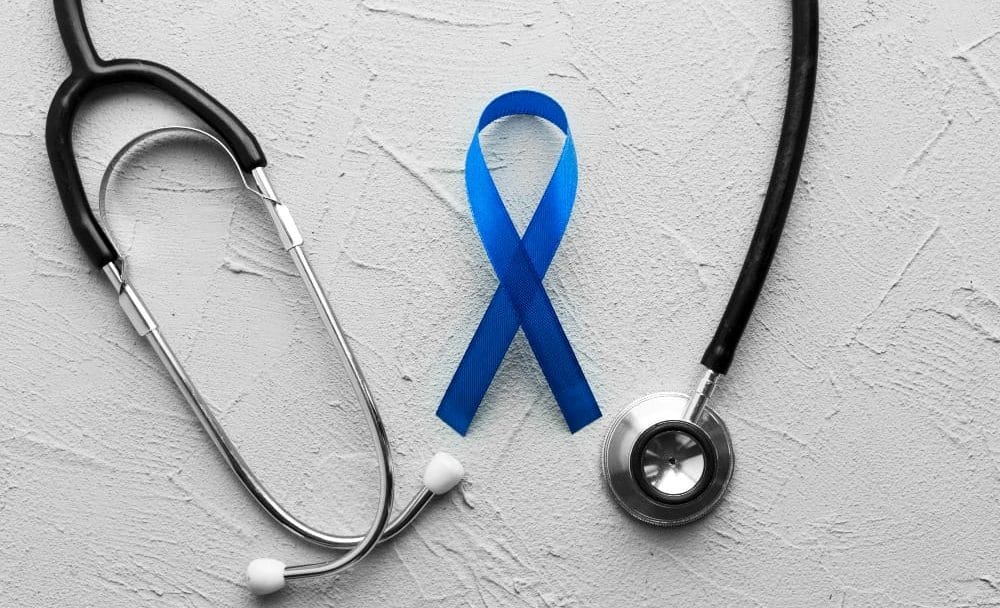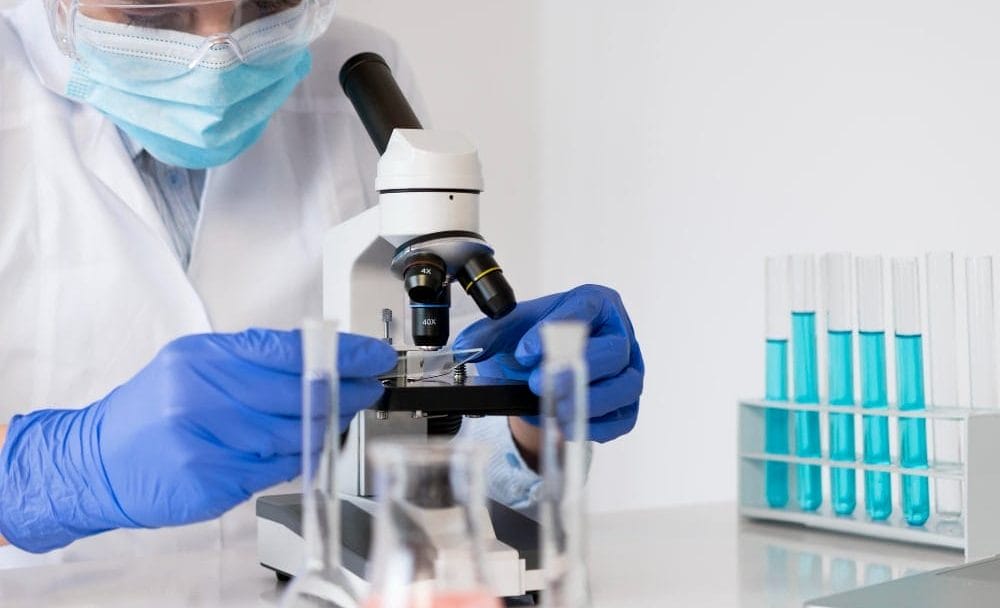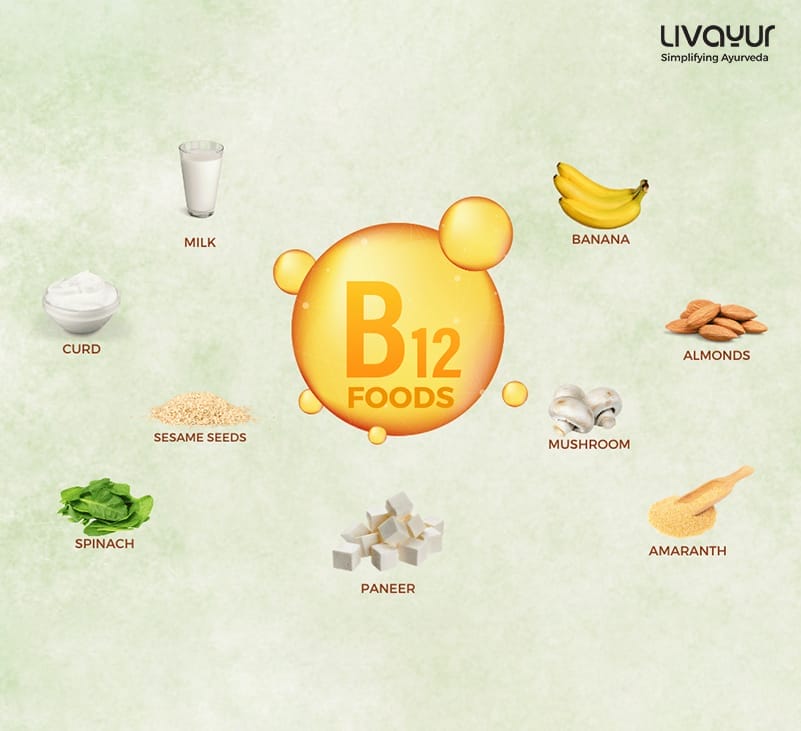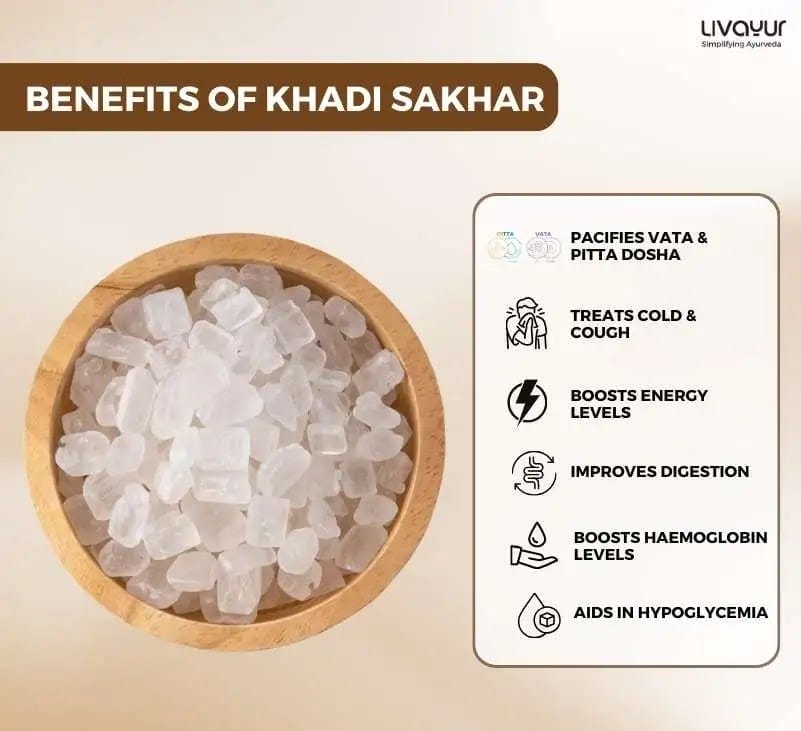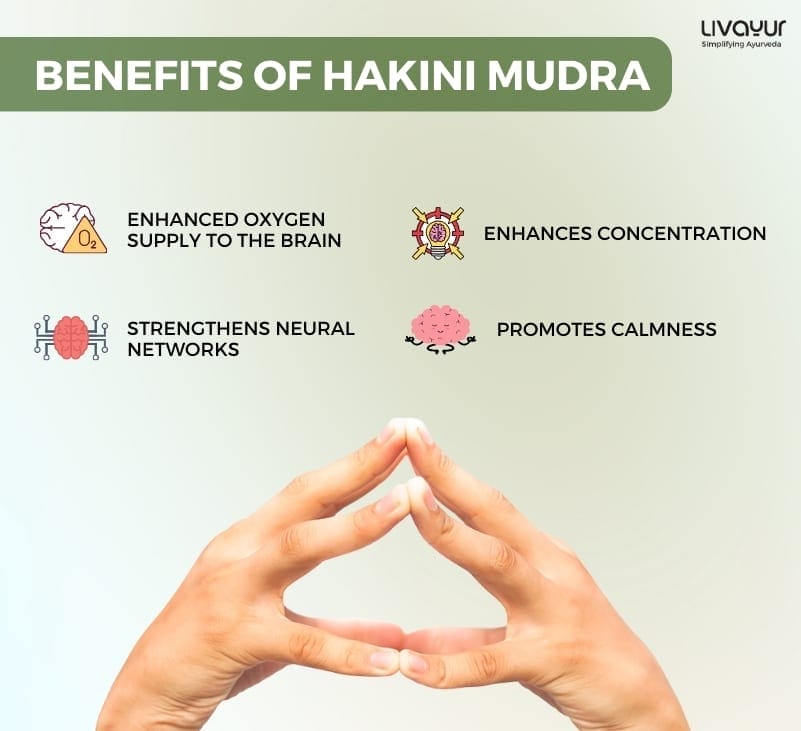This article is reviewed by an expert
Prostate cancer is a condition that millions of men worldwide suffer from. It’s a slow-growing cancer that can take years to develop. According to NCBI, prostate cancer is most common in men between 60 and 70 years. The median figure is 65 to 68 years, and patients detected with the condition do not usually die of the condition. [1]
It is, however, a serious condition, making it vital to understand the condition in detail. This guide provides you with an overview of prostate cancer, including the various symptoms to watch out for, the potential causes of the condition, and the most effective prevention and treatment strategies based on the principles of Ayurveda.
What is prostate cancer?
Prostate cancer is a condition that occurs when prostate gland cells grow and multiply uncontrollably. The prostate gland is of the size of a walnut and lies below the urinary bladder in men. Its main function is to produce a fluid that nourishes and transports sperm. [2]
In the early stages, it may not cause any noticeable symptoms. However, as the cancer grows and spreads, it can cause various symptoms. Several factors can increase a man’s risk of developing the condition.
Age is a significant risk factor, with the disease being most common in men between 50 and 70 years of age. Family history, race, and lifestyle factors can also increase the risk.[4]
What are the symptoms of prostate cancer?
Prostate cancer symptoms include the following: [3]
- Urinary Problems
Men may experience a weak or interrupted urine flow, a need to urinate more often, especially at night, or a sudden urge to urinate.
- Blood in Urine or Semen
If you notice blood in your urine or semen, it’s important to see a doctor immediately, as this could be a sign of the disease or another serious condition.
- Blood in Urine or Semen
As it grows, it can cause pain or discomfort in the pelvis, lower back, or hips. Some men may also experience pain during ejaculation.
- Erectile Dysfunction
It can cause erectile dysfunction or difficulty getting or maintaining an erection.
- Weakness or Numbness
When prostate cancer spreads to other parts of the body, it can cause weakness or numbness in the legs or feet.
Not all men with prostate cancer will experience all symptoms. However, if you are experiencing symptoms, you should see a doctor right away to determine the cause and receive appropriate treatment.
In Ayurveda, these symptoms are seen as signs of an imbalance in the body’s doshas or energies [5]. Ayurvedic treatments for prostate cancer focus on restoring balance to the doshas, promoting overall health and well-being, and addressing the condition’s underlying causes.
What are the causes of prostate cancer?
There are several known risk factors that can increase the likelihood of developing the disease. These risk factors include: [6]
- Age
It is more common in men over 50, and the risk increases with age.
- Family history
Men with a family history are at a higher risk, particularly if their father or brother has been diagnosed with the disease.
- Ethnic group
It is more common in African-American men than in men of other ethnicities.
- Obesity
Men who are overweight or obese are at a higher risk.
- Hormonal factors
Testosterone is a hormone that can stimulate the growth of cancer cells, and men with high levels of this hormone may be at a higher risk. [7]
- Environmental factors
Exposure to certain chemicals or toxins may increase the risk. [8]
It’s important to note that having one or more of these risk factors does not necessarily mean that a man will develop prostate cancer. Some men without any known risk factors may still develop the disease.
Prostate cancer diagnosis
Prostate cancer is often diagnosed early during routine screening tests such as a prostate-specific antigen (PSA) blood test or a digital rectal exam (DRE). However, these tests are not definitive and further diagnostic tests may be needed to confirm the diagnosis. [9]
If the results of a PSA blood test or DRE suggest the presence of prostate cancer, a biopsy may be recommended. During a biopsy, a small sample of prostate tissue is removed and examined under a microscope to look for cancer cells. [10]
Imaging tests such as an ultrasound, magnetic resonance imaging (MRI), or a computed tomography (CT) scan may also be used to help diagnose and determine the stage of the disease.
Once prostate cancer has been diagnosed, additional tests may be performed to determine the cancer stage. This information is used to develop an appropriate treatment plan.
Not all cases of prostate cancer require immediate treatment. Some cases of prostate cancer may be slow-growing and not require treatment, while others may require aggressive treatment to prevent cancer from spreading. The decision to treat prostate cancer, and the treatment choice, depends on many factors, including the cancer stage, the man’s age and overall health, and his personal preferences.
Prevention of prostate cancer
There is no guaranteed way to prevent prostate cancer. However, several lifestyle changes may help reduce the risk of developing the disease. Here are some prevention strategies that may be helpful: [10]
- Eat a healthy diet
A diet of fruits, vegetables, whole grains, and lean proteins and low in saturated and trans fats may help reduce the risk.
- Maintain a healthy weight
Being overweight or obese can increase the risk, so maintaining a healthy weight through diet and exercise is important.
- Exercise regularly
Regular exercise has been linked to reduced risk and other health benefits.
- Don’t smoke
Smoking can increase the risk of several types of cancer, including prostate cancer.
- Get screened
Routine screening can help detect the disease in its early stages when it is more easily treatable.
- Talk to your doctor about risk factors
If you have a family history or other risk factors, talk to your doctor about reducing your risk and whether you should consider screening at an earlier age.
While these strategies may help reduce the risk, they do not guarantee prevention. Regular screening is still recommended for early detection and treatment of the disease.
Treatment of prostate cancer
Ayurveda offers a holistic approach to curing prostate cancer that focuses on balancing the body’s energy and strengthening the immune system. Ayurvedic treatment for prostate cancer includes the following:
- Diet and lifestyle changes
Ayurvedic herbs like Haritaki when consumed with honey or ghee help fight tumours, cancer cells, and other illnesses. [15]
- Herbal remedies
Ayurvedic herbs like Ashwagandha have adaptogenic, anti-inflammatory, and anticancer properties. Furthermore, its bioactive compounds serve as chemotherapeutic substances that help reverse carcinogenesis [12]
- Yoga
Perioperative yoga helps promote immune response and attenuates inflammation in men suffering from prostate cancer. [16]
- Panchakarma
Panchakarma is an Ayurvedic detoxification process that involves a series of treatments designed to remove toxins from the body and improve overall health. [13]
- Rasayana therapy
Rasayana therapy involves herbs like Ashwagandha, Brahmi, Shankhapushpi, and Guduchi that promote longevity and enhance the immune system. [14]
Ayurvedic treatment may support recovery from prostate cancer. However, men with prostate cancer should work with a healthcare provider knowledgeable about both Ayurvedic and modern medicine treatments to develop an appropriate treatment plan that considers their individual needs and preferences.
FAQs
1. How to avoid prostate cancer?
While there is no surefire way to prevent prostate cancer, certain lifestyle changes may help reduce the risk of developing the disease. Eating a nutritious diet, maintaining a healthy weight, exercising regularly, not smoking, and getting screened may help lower the risk.
2. prostate cancer curable?
The outlook for prostate cancer depends on many factors, including the cancer stage and the man’s overall health. Early-stage is often curable, while advanced-stage may be more difficult to treat. However, treatments can help manage the disease and its symptoms.
3. What are the reasons for prostate cancer?
The exact causes are not fully understood, but several factors may increase the risk. Age, family history, race, and obesity are all known risk factors. Hormonal imbalances and exposure to certain chemicals may also play a role.
4. What are the signs of prostate cancer?
Prostate cancer may not cause any symptoms in its early stages. As cancer grows, symptoms may include difficulty urinating, frequent urination, pain or burning during urination, and others.
5. Is there a prostate cancer test?
Several tests are used to screen for prostate cancer, including a prostate-specific antigen (PSA) blood test and a digital rectal exam (DRE). If the results of these tests suggest the presence of prostate cancer, further tests such as a biopsy and imaging tests may be performed to confirm the diagnosis and determine the cancer stage.
Conclusion
Prostate cancer affects men, particularly those over the age of 50. Early detection can help diagnose the condition and determine the appropriate treatment. Prevention strategies may help reduce the risk of developing prostate cancer but do not guarantee anything. Ayurvedic treatment may offer some benefits in the recovery process, but you should talk with your doctor to determine the course of treatment based on your health condition.
Disclaimer : The information provided here is only from a modern medicine perspective and a tinge of Ayurveda. It is not intended to replace professional medical advice or treatment.
References:
- Prostate Cancer in Seniors. May 2015.
- What is Prostate Cancer. August 2019.
- What Are the Symptoms of Prostate Cancer? August 2022.
- Who Is at Risk for Prostate Cancer? February 2023
- Cancer, Inflammation, and Insights from Ayurveda. 4 July 2012.
- Causes – Prostate cancer. October 2021.
- Hormone Therapy for Prostate Cancer. August 2022.
- Prostate Cancer Risk Factors.
- Screening Tests for Prostate Cancer. January 2021.
- Prostate cancer testing.
- Prostate Cancer: Prevention.
- A Perspective on Withania somnifera Modulating Antitumor Immunity in Targeting Prostate Cancer. 25 August 2021.
- Introduction to Panchakarma.
- Rasayana (Ayurvedic Rejuvenation Therapy).
- Oxidative Stress and Cancer: Chemopreventive and Therapeutic Role of Triphala. 13 January 2020
- Effects of yoga in men with prostate cancer on quality of life and immune response: a pilot randomized controlled trial. 23 November 2021





